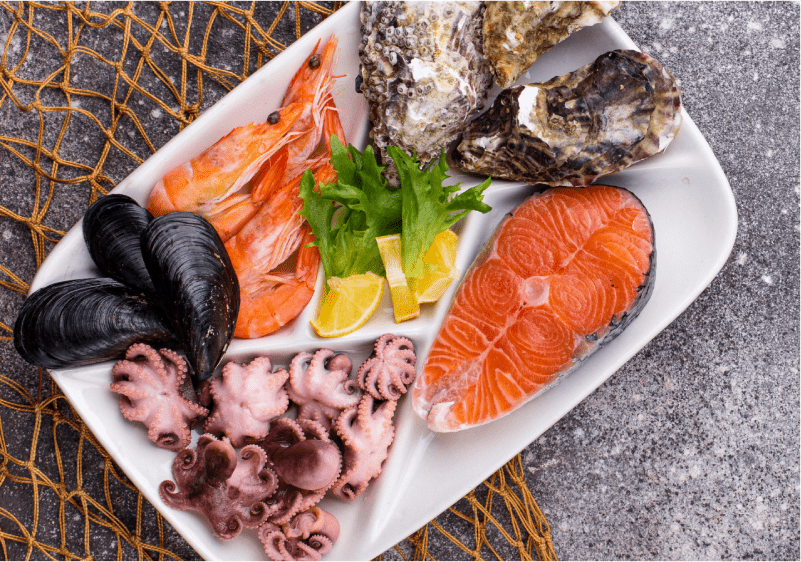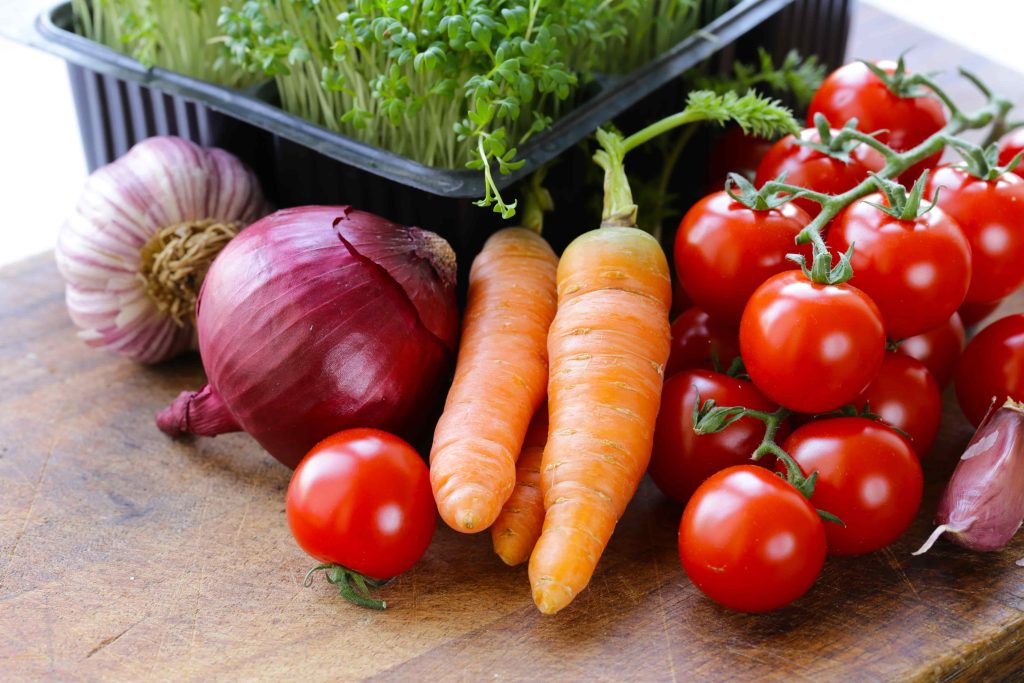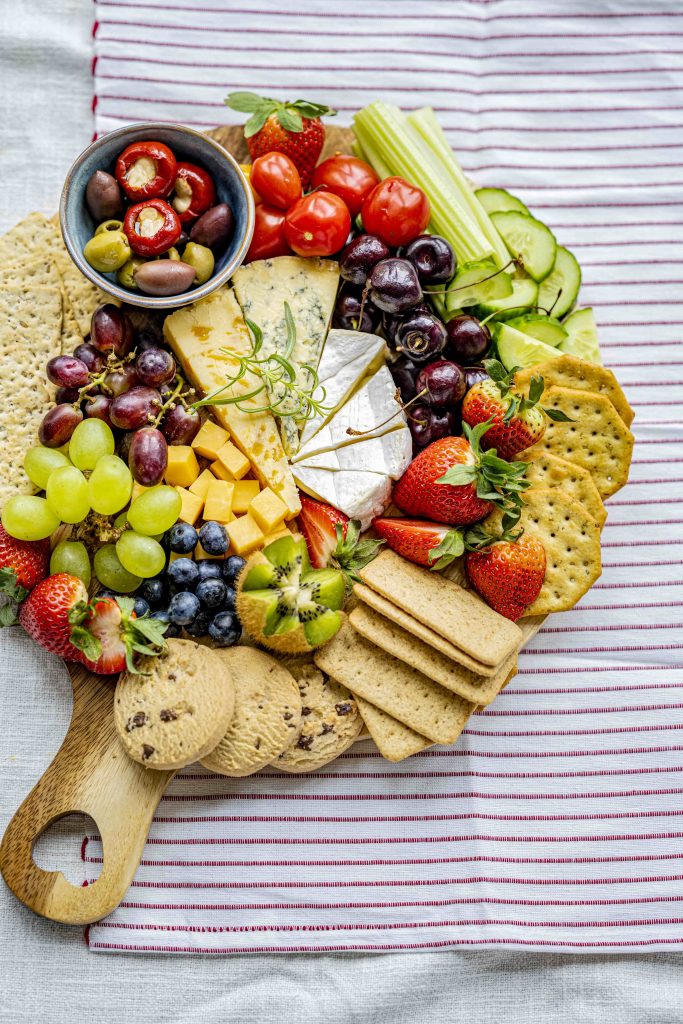Foods That Increase Egg Count In women
Following the ovulation cycle is crucial, especially for couples planning to have children. Although ovulation is a normal process, it can occasionally be postponed by stress and other medical issues. The ovulation process is known to be supported by a number of nutrients.
According to experts, meals rich in folic acid, omega 3 fatty acids, zinc, magnesium, selenium, and vitamins A, D, and E boost egg production and quality. So what foods should you consume while ovulating?
Foods that increase the number of eggs in women
Group B vitamins
- In actuality, all vitamins not only those in the B group increase fertility by assisting with ovulation.
- You can increase your intake of foods high in the B group vitamins during the ovulatory period.
- We advise you to prioritize diversity in your nutritional diet so that you can eat items from various food and vitamin categories. Your body will absorb more vitamins and minerals the more variety there is in your diet.

Vegetables
- Because they contain folic acid, green leafy vegetables in particular improve the quality of eggs. Additionally, it lowers the chance of genetic abnormalities leading to miscarriage. Good examples of green leafy veggies include spinach and chard.
- One of the veggies with a green tint is broccoli, which is high in folic acid and vitamin C. These characteristics aid in the progesterone hormone’s cell penetration. Furthermore, it lessens the chance of luteal phase insufficiency. The similar result can be obtained using potatoes, a vitamin C-rich vegetable.
- Carrots boost egg production while lowering the chance of miscarriage due to the beta carotene they contain.
- Brussel sprouts and white cabbage should always be a part of your diet if you want to boost the quality of your eggs and have a healthy pregnancy.
Plant-based proteins
- During the spawning season, it is advised to ingest vegetable proteins rather than animal proteins.
- This is because consuming too much animal protein degrades the quality of eggs.
- You can eat sources of vegetable protein including lentils, buckwheat, quinoa, pumpkin seeds, hazelnuts, walnuts, pistachios, and peas without worrying about the spawning process.
Fatty Acids Omega 3
- Fish comes to mind for many when thinking of omega 3 fatty acids.
- These fatty acids, which are plentiful in eggs, walnuts, flaxseed, chia, flaxseed oil, canola oil, soybean oil, and several fish species, are very good for our bodies.
- Omega 3 fatty acids have a wide range of health advantages for the body, including improvements in everything from bone development to brain and reproductive health.

Sources of magnesium
- Scientific research has shown that meals containing magnesium enhance ovulation and possibly make pregnancy easier.
- You can take care to eat foods high in magnesium, such as lentils, peas, beans, walnuts, hazelnuts, bananas, and green leafy vegetables, to boost egg quality.
- Natural mineral waters are another beverage high in magnesium. One glass of natural mineral water per day is permitted.
Foods Containing Zinc
- Zinc, like magnesium, is one of the minerals that increase fertility. Its effectiveness has been proven by scientific studies.
- Poultry, red meat, milk and dairy products, shellfish and nuts are good sources of zinc.
- To improve egg quality, you can include more zinc-containing foods in your diet.
Egg
- Egg; It is a food rich in omega 3 fatty acids, choline, folic acid and vitamin D. Thanks to the vitamins, minerals, amino acids and components it contains, it reduces the effects of polycystic ovary syndrome and fibroids. Increases egg quality and number. Experts recommend that women considering pregnancy eat 2 eggs a day.
Banana
- Banana, one of the favorite fruits of almost everyone, is a food rich in potassium and vitamin B6.
- Thanks to these properties, banana increases egg quality.
Fig
- Thanks to the vitamins and minerals it contains, figs are a great fruit.
- It is a natural remedy that promotes the health of the entire body.
- Figs aid in ovulation and support cell formation since they are a good source of amino acids.
Pomegranate
- Pomegranate, one of the fruits with high antioxidant value, is rich in vitamin C.
- Vitamin C helps the hormone progesterone to penetrate into the cell.
- And also; Prepares the endometrium for the fertilized egg to implant.
- It is also known to increase sexual desire.

Avocado
- When it comes to healthy eating, avocado is one of the first fruits that come to mind.
- Because it is rich in fiber, vitamin E, folic acid, and unsaturated fatty acids.
- The endometrium develops in part thanks to vitamin E.
- Additionally, it aids in uterine implantation of the fertilized egg.
Red Colored Fruits
- Red colored fruits such as blueberries, black mulberries and raspberries contain plenty of folic acid and vitamin C.
- Thanks to these properties, they contribute to the penetration of the hormone progesterone into the cell.
- They also reduce the risk of luteal phase insufficiency.
How does the egg reserve multiply?
What is egg reserve?
The phrase “egg reserve” refers to both the quantity and quality of eggs. The phrase “ovarian reserve” is strongly associated with the process by which follicles develop into high-quality oocytes and a woman’s likelihood of becoming pregnant.
In the womb, female newborns start to develop eggs. Before and after birth, this number declines gradually; but, after the age of 35, the decline quickens. Depending on a number of variables, egg quality declines with time along with the decline in quantity.
Why does the egg supply becoming smaller?
The rise in female age is the primary cause of the decreased egg reserve. because ovulation causes the loss of 300 eggs per month on average. In reality, some 300 eggs are prepared and lost even when only one egg is to be placed. Because of this, it is normal for the reserve to start to decline after the age of 35.
But occasionally, for genetic or environmental factors, the egg reserve may decline earlier than anticipated for the woman’s age.
Ovulation in women cannot endure a lifetime, in contrast to the lifespan of sperm production in men. In women, egg production starts in the womb and gradually declines up to labor and throughout the postpartum period.

What to do for the ovaries to work?
In fact, it is not possible to increase the egg reserve. However, some measures can be taken to prevent its decrease.
To prevent premature aging of the ovaries and deterioration of egg quality, in short, some simple lifestyle changes can be made to increase egg reserve and quality.
What can be done to increase egg reserve and quality?
As we mentioned above, although it is not possible to increase the number of eggs, you can prevent it from decreasing or to increase its quality, you should pay attention to the following;
- Regular exercise
- Healthy eating
- Enough sleep
- Staying away from chemicals, high glycemic index and fast food foods
- Using anti-oxidant medication under physician control
What increases ovulation in women?
As mentioned above, there is no food that increases the ovulation of the woman. However, there are many ways to prevent its reduction and increase its quality. If you apply everything above, you can increase your chances of pregnancy with a smoother cycle. If you cannot have children despite everything, you can contact us. Thus, it will be possible to have children together with IVF. For more detailed information about the treatment, you can contact us 24/7. Our advisors will be waiting to answer the questions you have in mind.


